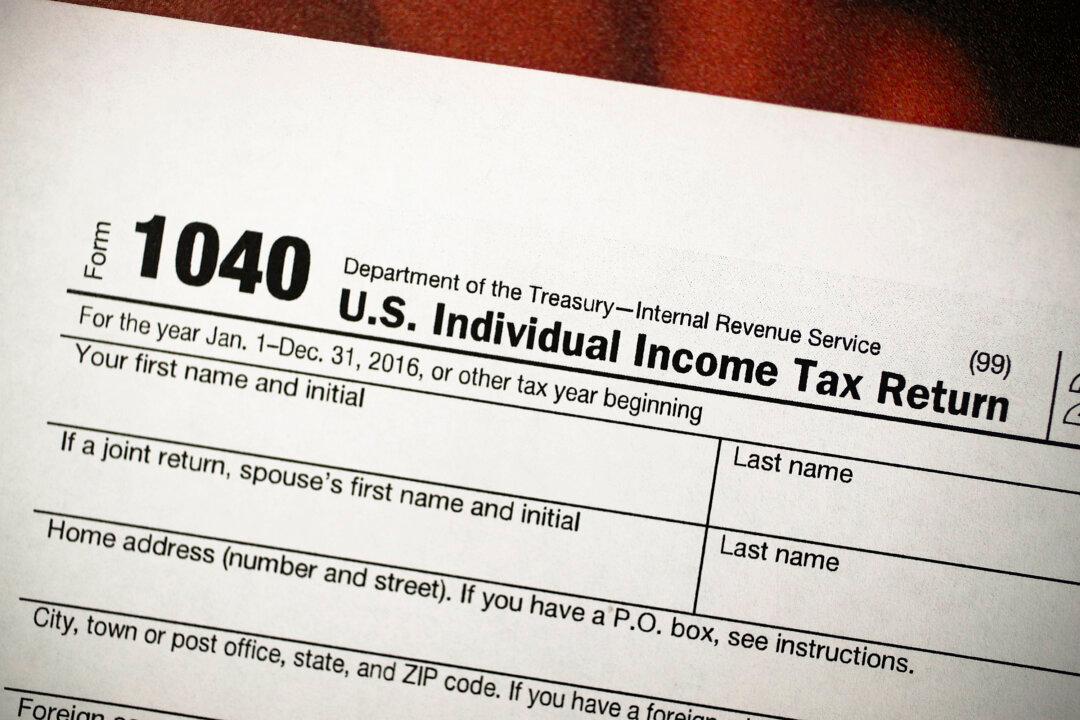More than $1 billion in unclaimed refunds from the 2020 tax year are slated to expire in just two weeks from Friday, the Internal Revenue Service (IRS) says.
About 940,000 taxpayers across the United States have until Friday, May 17 to submit their 2020 returns to get the unclaimed funding, the agency has said. The median refund is believed to be around $932.





